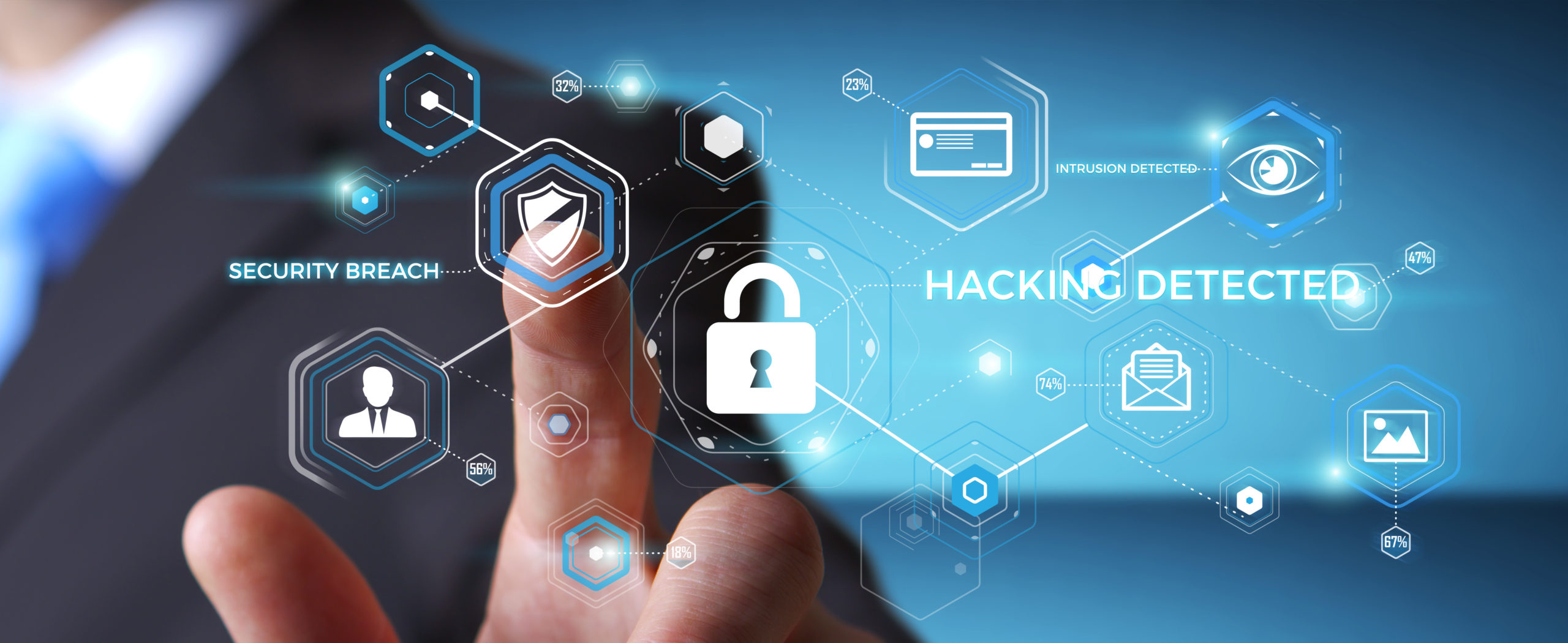Working from home has its perks, but at times the isolation can seem overwhelming. Most of the day is spent detached from the world, save for the occasional Zoom meeting with co-workers or clients. When you work from home, you may even be obligated to handle your own tech support and security, especially if you are a freelance worker.
For a remote worker, it is vital to stay up to date on tech news topics that could be relevant to your remote working setup. Look out for stories about new phishing scams, data breaches or the latest cyberattacks. While this information is relevant to anyone who uses technology every day, it is crucial while working from home, as you have your private information to worry about and could potentially have company or client information.
Let’s take a look at the various cybersecurity scams and how you can avoid them.
Phishing Scams
A phishing scam is an attempt to gain access to your personal information in the form of an e-mail, which is disguised as legitimate mail from a known business. These e-mails are often persuasive and generally have a task that they ask the recipient to complete, such as clicking a link to provide sensitive information.
As a remote worker, chances are you deal with e-mails daily. You’ve probably even seen your share of phishing e-mails sneak past your spam filter. While many of these are easy to identify as scams, some are convincing. While working from home, it is a good idea to keep an eye on news related to phishing scams so that you are aware of any new techniques being used.
Data Breaches
From e-commerce stores to banks, no company is immune from a data breach. When this occurs, sensitive customer or client information is leaked, putting anyone who has ever done business with that company in danger of having their identity stolen. It’s a good idea to watch for any news of this occurring with a company that you deal with not only personally but professionally.
Hacked Networks
The unfortunate truth is that even your home network is not immune from hackers, and this is an even bigger problem when your home network is also the network you use for work.
Hackers can often identify security vulnerabilities in your computer’s operating system or even within the router’s firmware. The router is particularly susceptible to these hacks as firmware updates occur far less frequently than a typical operating system.
If a hacker gets into your network, you are at risk of falling victim to identity theft as all of your online activity, including passwords, will be accessible. When your home network is also where you do your work, it could also be putting the private information of your employer, clients, or customers at risk.
There are steps to take to help secure your internet and keep your online activities private. It is important to have strong anti-virus and malware protection on your computer system. This software will help to detect and block threats before they can do any damage within your system.
You would also benefit from running all your web traffic through a Virtual Private Network (VPN). A good VPN encrypts your data, keeping your IP address hidden and helping to protect your privacy.
As an additional measure of protection, it is recommended to get some identity theft protection to alert you when your Social Security number, name, date of birth or address are used online. This will give you the peace of mind that your data is safe, and if a threat is detected, you will be immediately aware of it.
Norton 360 with LifeLock is a great package to help keep your network safe and protect your identity at the same time.
Final Thoughts
Using your home tech for your work from home activity can be difficult. You have no “computer guy” around to help with your tech issues or keep your network secure. That task falls on you, so it’s crucial to keep up with tech news surrounding cybersecurity. It’s also critical to have your computer and network protected with high-quality malware protection and to be aware of any of your personal data that has been compromised with identity theft protection.
















